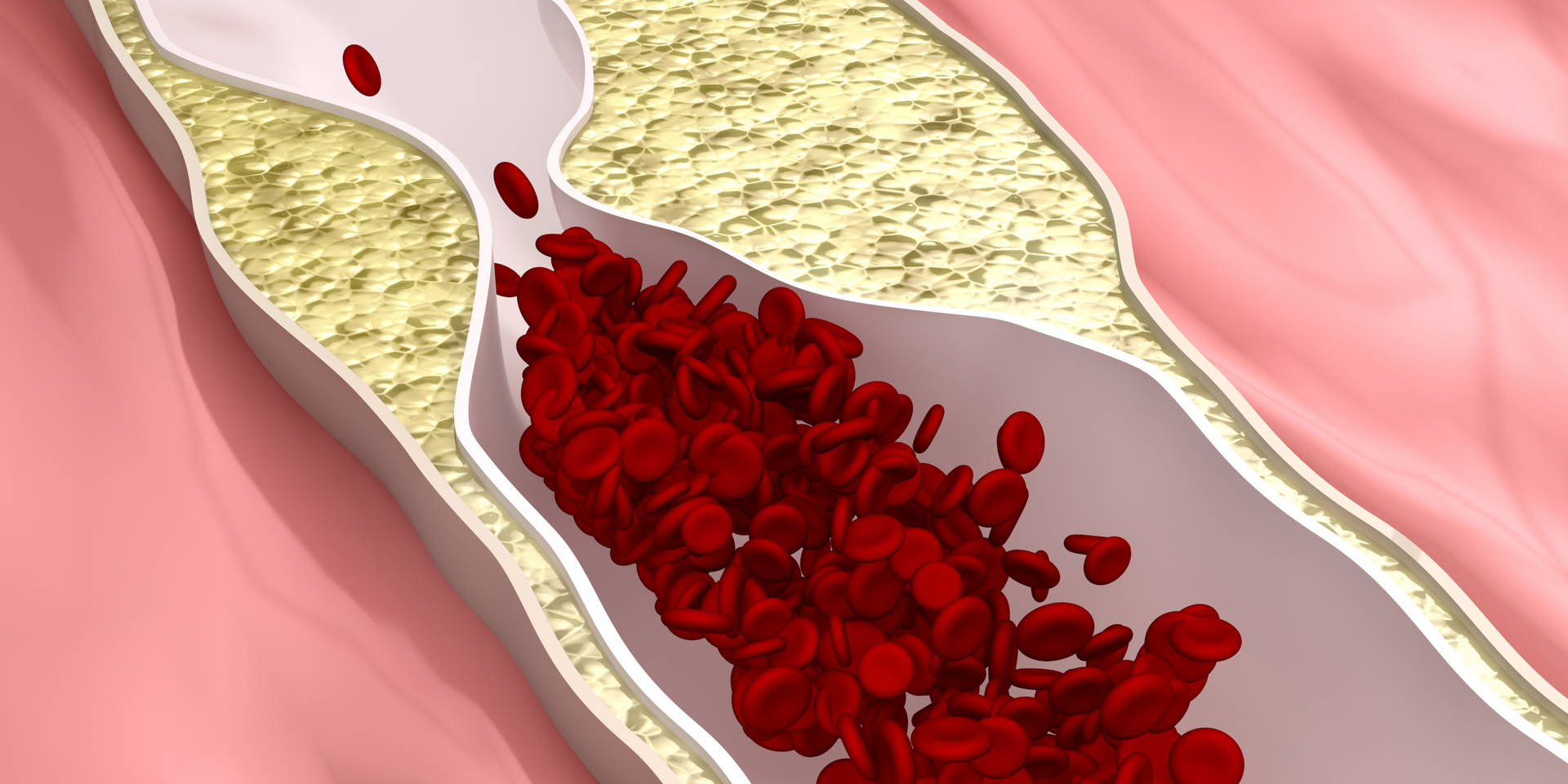February 8, 2025
A vascular surgeon will perform a comprehensive assessment of your condition, which may include a Colour Duplex Ultrasound Scan or other diagnostic imaging to evaluate blood flow and detect any abnormalities. Based on the findings, they will develop a tailored treatment plan, which may include: Lifestyle modifications and risk factor management. Medications to improve blood flow or reduce clotting risks. Minimally invasive procedures, such as Radiofrequency Ablation (RFA) , Foam Sclerotherapy , or Endovascular Stenting . Surgical interventions, such as Carotid Endarterectomy or aneurysm repair, if required. Why Early Intervention Matters Many vascular conditions are progressive and may lead to serious complications, such as strokes, limb loss, or life-threatening emergencies, if left untreated. Early diagnosis and treatment can significantly improve outcomes, reduce symptoms, and prevent complications. Why Choose The Vein Surgeons? At The Vein Surgeons, we specialise in diagnosing and treating a wide range of vascular conditions using the latest techniques and evidence-based approaches. Our experienced consultants provide comprehensive care tailored to your individual needs, ensuring the best possible outcomes. If you are experiencing any symptoms or have concerns about your vascular health, contact us today to schedule a consultation. Taking action early can make all the difference in achieving long-term health and confidence. How Diet & Exercise Impact Vascular Health Maintaining a healthy diet and staying physically active play a crucial role in supporting vascular health. By managing key risk factors such as high blood pressure, high cholesterol, obesity, and diabetes, you can significantly reduce the likelihood of developing vascular conditions like varicose veins, peripheral arterial disease (PAD), or deep vein thrombosis (DVT). A proactive approach to your lifestyle not only improves circulation but also boosts your overall well-being. The Role of Diet in Vascular Health A balanced, heart-healthy diet can improve blood vessel function, lower cholesterol, and maintain healthy blood pressure levels. Key dietary tips include: Increase Fruits and Vegetables: Aim for at least five portions a day to provide essential vitamins, minerals, and antioxidants that protect your blood vessels. Choose Whole Grains: Whole grains such as oats, brown rice, and wholemeal bread support healthy cholesterol levels. Limit Saturated and Trans Fats: Replace unhealthy fats with healthier options like olive oil, avocados, and nuts to reduce the build-up of fatty deposits in the arteries. Reduce Salt Intake: Excess salt can raise blood pressure, increasing the risk of vascular disease. Aim for less than 6g of salt per day (about a teaspoon). Stay Hydrated: Drinking plenty of water improves circulation and helps keep blood vessels healthy. Avoid Excess Sugar: Minimising sugary foods and drinks helps prevent obesity and diabetes, which are significant risk factors for vascular problems. The Role of Exercise in Vascular Health Regular physical activity improves circulation, strengthens blood vessels, and supports a healthy weight. It also helps manage conditions like high blood pressure and diabetes. NICE guidelines recommend: 150 Minutes of Moderate Activity Per Week: Activities such as brisk walking, cycling, or swimming improve cardiovascular health and increase blood flow. Strength Training: Incorporating resistance exercises at least twice a week helps maintain muscle strength and improves venous return in the legs. Daily Movement: Avoid prolonged sitting or standing by taking regular breaks to move around, stretch, or go for short walks. Exercise is particularly important for preventing conditions such as deep vein thrombosis (DVT) and peripheral arterial disease (PAD), as it promotes healthy blood flow and reduces inflammation.







